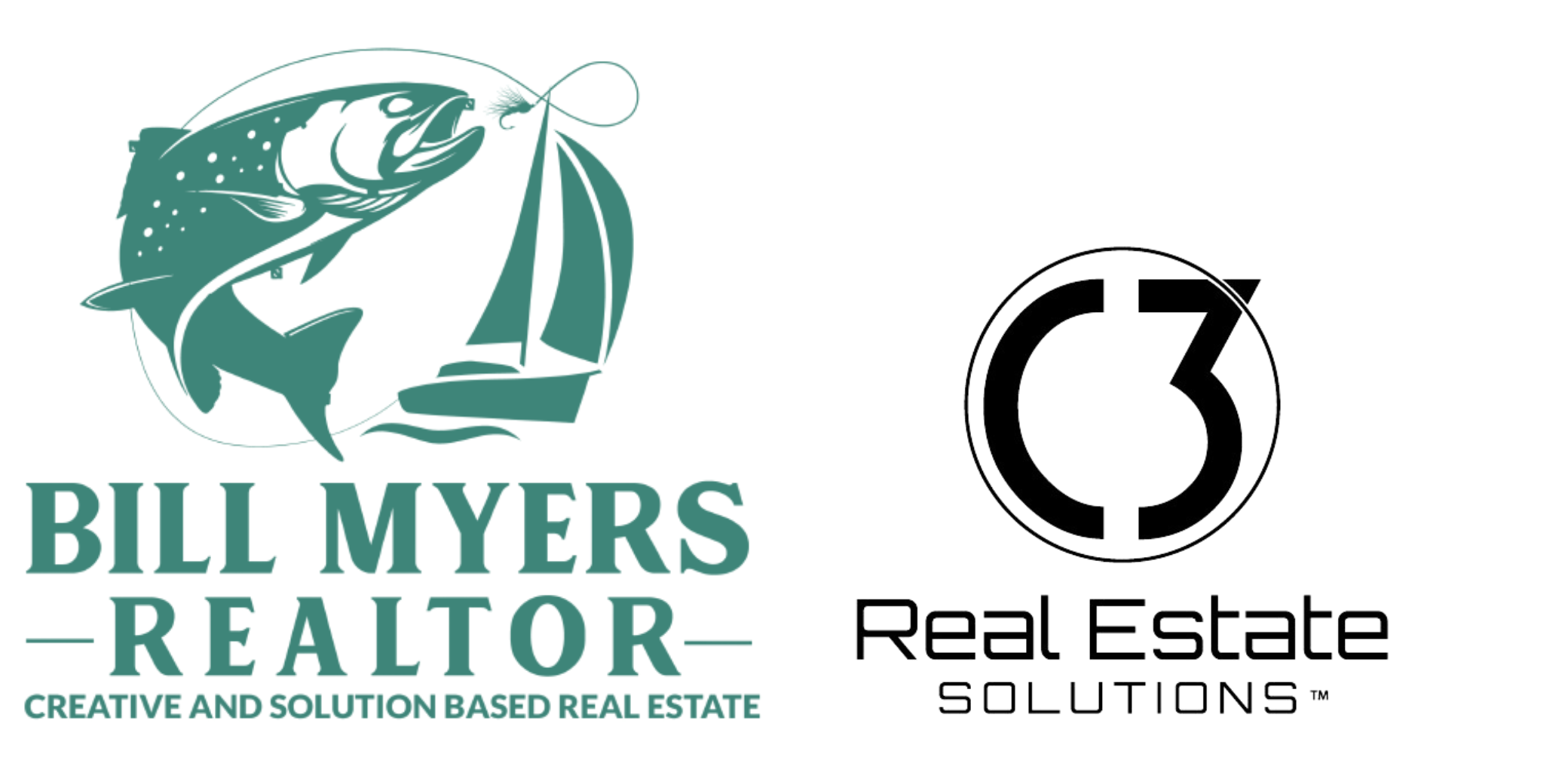The United States housing market has experienced fluctuations due to various factors such as the Great Recession and economic growth. One main factor affecting the real estate sector is interest rates, which central banks like the Federal Reserve determine. In the past year, there have been concerns about the impact of higher interest rates on potential homebuyers, sellers, and real estate investors.
Navigating High Interest Rates for Selling and Buying a Home
Understanding the Dynamics of Interest Rates
Interest rates are the cost of borrowing. Central banks lower rates to stimulate growth, but raise them during high inflation or a strong economy. The Federal Reserve has recently considered interest rate hikes due to inflationary pressures and other economic factors. These decisions can significantly impact the real estate sector, especially for those making important decisions about buying or selling homes.
Impacts on Buyers and Sellers
Higher interest rates can deter first-time homebuyers and reduce demand, potentially leading to a more balanced buyer's market. However, this can also result in lower property values and longer seller sales times.
Real Estate Investments and Market Conditions
In the commercial and residential sectors, real estate investors are affected by higher borrowing costs from rising interest rates. Rental units' cash flow could be affected, making some investment strategies less appealing—however, the increased demand for rental properties when home purchases decline might seem like a silver lining. Depending on various factors, real estate developers' new constructions might see reduced occupancy or lower rental rates, primarily commercial properties. On the flip side, for those with cash on hand, higher interest rates can present good opportunities for buying properties at lower prices, expecting price appreciation in the longer term.
Navigating the High-Interest-Rate Environment
So, what should potential buyers and sellers do?
Lock in Your Rate: If you're considering a mortgage loan, consider a 30-year fixed-rate mortgage over an adjustable-rate mortgage. The former ensures your rate remains constant, irrespective of further hikes.
Work with Professionals: Engage with a real estate agent who understands the local market. They can offer insights into market conditions, guide pricing strategies, and offer advice tailored to the current rate environment.
Real Estate Investors' Decisions: Investors need to recalibrate their expectations. While the past years, characterized by low-interest rates, saw significant asset appreciation, the next few might be more about cash flow management and being strategic about property acquisitions.
Opportunities Amidst Challenges: Interestingly, rising interest rates can be a good thing for some sectors. Affordable housing might see increased demand, given potential homebuyers could get priced out of buying new homes. Similarly, business owners in the property market might find avenues to diversify their offerings, catering to different segments.
Stay Informed: Interest rates, whether rising or at their highest level, are just one of many factors influencing the real estate landscape. To make more informed decisions, stay knowledgeable about broader economic developments, such as the 10-year treasury yields, inflation rates, and federal policies.
Understanding Home Equity
Home equity represents the difference between the current market value of your property and the outstanding mortgage loan amount. As home prices have appreciated recently, many homeowners are sitting on significant equity. In a high-interest-rate environment, this equity can become an invaluable financial tool.
Benefits of Tapping Into Home Equity
Debt Consolidation: High-interest rates often mean high rates on credit cards and personal loans. By tapping into home equity through a home equity loan or line of credit (HELOC), homeowners can consolidate high-interest debts into one manageable payment, typically at a lower interest rate than credit cards.
Home Improvements: Investing in your property by renovating or making improvements can boost its value. Since interest rates for HELOCs or home equity loans can be lower than traditional consumer loans, they can be a cost-effective way to fund these projects, significantly if they further enhance property values.
Diversify Investments: For seasoned investors, home equity can serve as a tool to diversify investments. Extracted equity can be channeled into other asset classes, such as stocks, bonds, or even other real estate investments, potentially offering returns that might outpace the cost of borrowing.
Factors to Consider in High-Interest Rates
Cost of Borrowing: Understanding that high-interest rates mean higher borrowing costs, even when leveraging home equity, is essential. While rates for home equity products may be lower than other types of credit, they can still be considerably higher than what homeowners might have seen in years of historic lows.
Variable Rates and HELOCs: Many HELOCs come with variable interest rates. Your rate (and subsequent monthly payment) could increase over time in a rising interest rate environment.
Long-Term Financial Implications: Extracting equity reduces the ownership stake in your property. It's crucial to ensure that any financial gains from leveraging this equity (whether through investments or debt consolidation) outweigh the potential long-term implications, like extending the life of your mortgage or owing more than your home is worth if housing prices decline.
Closing Costs and Fees: Accessing home equity isn't always free. There can be application fees, appraisal costs, and other associated charges. These costs can add up in a higher interest rate scenario, so factor them into your decision-making process.
Conclusion
Rising interest rates can be challenging for the unprepared. However, with strategic planning and professional guidance, buyers and sellers can navigate this environment and make decisions that benefit them in the short and long term.
